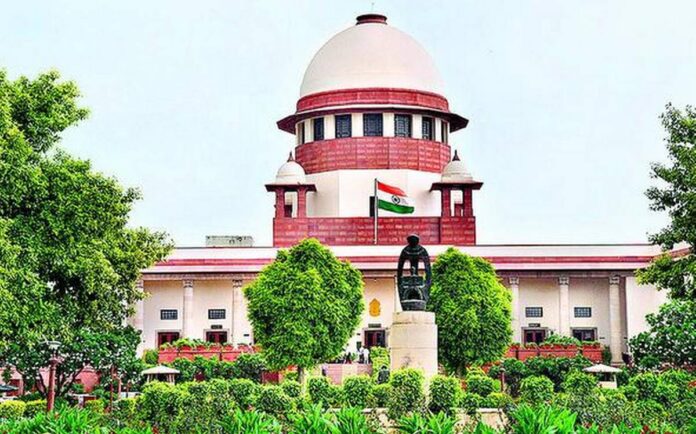The Supreme Court on September 15 declined to impose a blanket stay on the Waqf (Amendment) Act, 2025, while granting limited interim relief on a set of contentious provisions. A Bench led by Chief Justice B.R. Gavai, along with Justice A.G. Masih, observed that judicial restraint must be exercised when courts are asked to suspend laws passed by Parliament.
The court noted that it is a settled principle of law that provisions of an enactment should not be stayed lightly. “Interim relief by way of staying statutory provisions can only be granted in rare and exceptional cases,” the Bench said, rejecting pleas for halting the Act in its entirety.
Among the provisions temporarily held back is the requirement that only a person professing Islam for at least five years can create a waqf. The judges stayed this clause until state governments frame rules providing a mechanism to determine such eligibility. Similarly, powers allowing designated officers to treat disputed properties as government land pending verification have been restricted. The Bench ordered that during inquiries, no third-party rights should be created until a tribunal makes a final determination.
The court also capped non-Muslim representation on statutory bodies. It directed that the Central Waqf Council, with 22 members, must not have more than four non-Muslims, and State Waqf Boards, with 11 members, must not have more than three. On the appointment of Chief Executive Officers for boards, the court suggested that, as far as possible, the choice should come from within the Muslim community.
One of the controversial changes in the amended law, deletion of the “waqf by user” concept, was left untouched. The Bench reasoned that if mutawallis (custodians) had failed to register waqf properties for decades, they could not now claim exemption from new requirements. It held that if the legislature acted to prevent misuse of government land under the garb of waqf, the step could not be considered arbitrary at this stage.
The court also refused to stay Section 3D, which nullifies claims declaring protected monuments or archaeological sites as waqf. The judges noted that this provision was enacted after the Archaeological Survey of India reported difficulties in preserving monuments due to overlapping claims. They added that customary religious practices would still be permitted under the Ancient Monuments and Archaeological Sites and Remains Act, 1958.
Another contested section, 3E, bars declaring land in Scheduled or Tribal areas as waqf. The Bench observed that the clause was aimed at safeguarding the interests of marginalized tribal communities and had a clear connection to its stated purpose.
While declining broad interim relief, the court clarified that its observations were only prima facie and limited to deciding whether a stay was warranted. It said parties would still be free to challenge the validity of the Act or individual provisions during full hearings.
The petitions against the Waqf (Amendment) Act, 2025, argued that the law violated constitutional guarantees under Articles 14, 15, 25, 26, 29, and 30. Petitioners alleged that the amendments were designed to expropriate waqf properties under the guise of reform. The Union government defended the law, saying it was aimed at curbing misuse and ensuring transparency in management.
After multiple hearings, the Supreme Court opted for a middle path: upholding Parliament’s authority to enact reforms while offering interim protection against specific provisions flagged as problematic. The matter will return for detailed arguments on the Act’s validity in due course, keeping the larger debate over waqf property management alive.





